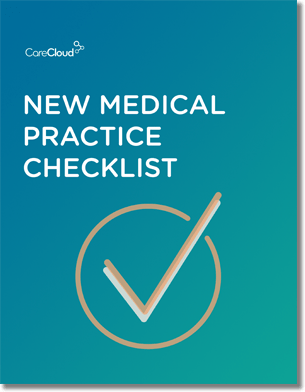Are you included in the 20% of U.S. physicians who intend to implement a new health IT solution this year? Maybe your EHR isn’t facilitating patient encounters as advertised. Or perhaps your practice management software isn’t showing the return on investment you were promised.
If so, you’ll have to get up-to-speed on the implementation process before purchasing any software.
To help guide physicians through the “rip and replace” era of health IT software, we’ve asked the implementation experts at CareCloud for advice. They provided a go-to list of questions customers should be asking potential health IT software vendors about implementation.
Will I have a dedicated implementations specialist, or will my practice be passed around?
The best vendors dedicate a single implementation specialist to your practice. The specialist becomes the contact person during the implementation process, which creates a more personal relationship between the vendor and your practice.
Is your implementations team located in the United States?
Adapting to new technology is seldom easy, but experiencing a language barrier with the person in charge of guiding you can be even more frustrating. Look for domestic-based health IT solutions to avoid linguistic disconnects.
Have you implemented this type of specialty before?
Each specialty brings a distinct set of challenges and, as a result, requires different software capabilities. Therefore, your implementations team should be fully aware of your specialty’s needs. Make sure you go with software that has been thoroughly vetted within your specialty.
Are there any additional charges or hidden fees associated with implementation?
Generally, with vendors like CareCloud, the cost of implementation is a one-time fee. Some companies, though, charge hidden fees throughout the implementation process. Make sure the language in your contract doesn’t leave room for sneaky extra charges.
Will my patient data transfer over?
How your data will transfer from your current EHR to your next should be, by far, your biggest concern in the process of switching EHRs.
Any vendor who makes promises about what data can be transferred between the systems without analyzing your actual data is just guessing. Prior to making a commitment, have your potential vendor verify whether your old EHR patient data will be updated in the new system.
Ultimately, a health IT vendor is like a new partner to your practice. They should be willing to assist you through every step of implementation. Imagine what kind of problems will emerge down the road, if they don’t get you off on the right foot.

Do you know what you need when setting up a new medical practice?


